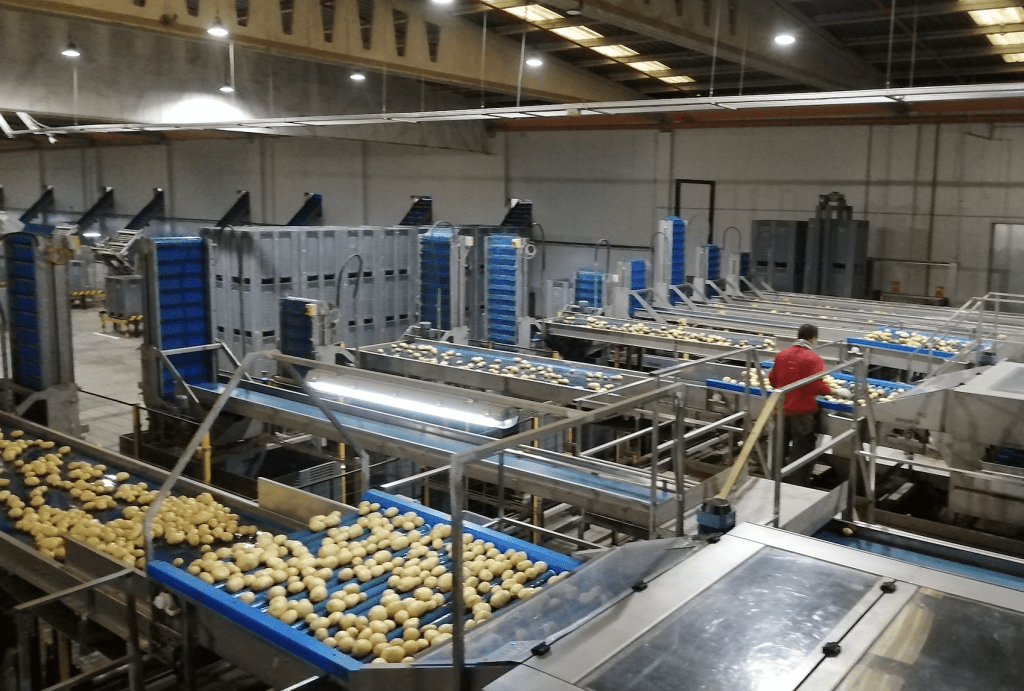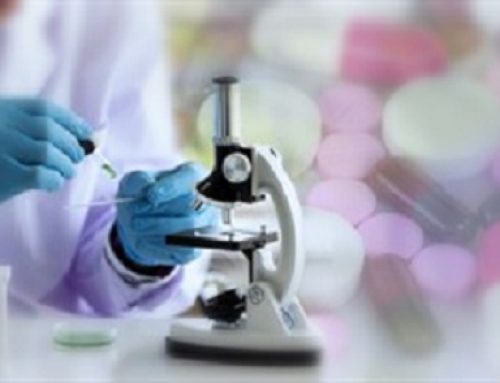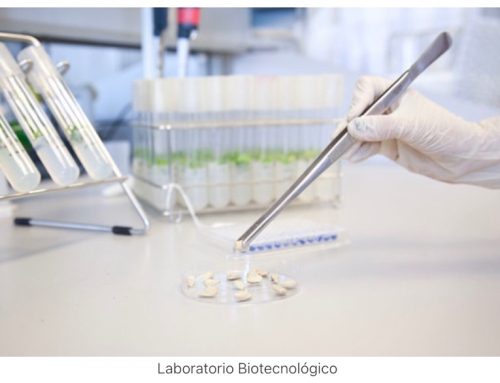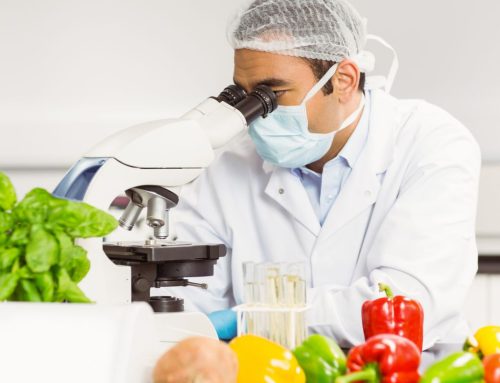On October 26, dnota Medio Ambiente carried out control and monitoring of SARS-CoV-2 at G.V. El Zamorano‘s facilities in Sant Esteve Sesrovires.
G.V. El Zamorano is one of the main companies in the potato and onion production and segmentation sector, with facilities of more than 19,000m² in 14 unloading docks and 4 cold storage rooms, which make a total of 36,400m³in cold storage.
The company has reinforced its anti-COVID19 protocol over the last few months with this plan to detect the presence of the virus in its facilities. The samples taken on SURFACES and INDOOR AIR were subsequently analyzed with PCR technology in dnota’s laboratories. The main objective of the action was to protect its customers, suppliers and workers.
dnota defined a sampling plan, with the intention of detecting the different critical points of the entire production process and its facilities. Specifically, the processing and packaging areas were sampled, as well as panels, pushbuttons and goods transport elements.
The sampling points were 6 for SURFACE and 2 for INDOOR AIR. The sampling was intended to certify the effectiveness of the company’s anti-COVID19 plan, and to ensure the absence of the VIRUS throughout its production process.

Sampling of INDOOR AIR was carried out in accordance with the Methodology for the Sampling of Highly Pathogenic Microorganisms in Environmental Matrices of the National Center for Environmental Health, Carlos III Health Institute. They were carried out with high-tech portable equipment, and with high pathogen uptake filters, with a virus collection efficiency with retention rates up to 99.76%. This technology was used in the city of Wuhan for INDOOR AIR control.
The sampling carried out in INDOOR AIR, defines dnota as an innovative company capable of providing a service that integrates the 3 parameters in which the contagion can be transmitted, such as AIR, WATER and SURFACES, unique service in the market .
G.V. El Zamorano is positioned as one of the most innovative companies in the control of its facilities and the care of its employees.
In the dnota laboratory, the measurement technique recommended by WHO, RT PCR,with high sensitivity (detects low concentrations of the virus) and specificity (effectively differentiates SARS-CoV-2 from other similar coronavirus species), was used in the 8 samples received.
dnota plans to continue supporting the control of SARS-CoV-2 in any type of facility and sector, with the intention of reducing contagion among the population and for the peace of mind of workers in their workplaces.



